- The forestry engineer from the University of Concepción and Doctor of Forest Sciences is currently an academic at the University of La Frontera with a deep interest in biodiversity research and conservation.
The sustainable management of native forests in Chile still faces significant challenges, which were thoroughly analyzed in episode 31 of the program "Conversando con Acoforag" by Ricardo González, a forestry engineer from the University of Concepción and Doctor of Forest Sciences, currently an academic at the University of La Frontera with a strong focus on biodiversity research and conservation.
One of the main obstacles mentioned is the current Native Forest Law, enacted in 2008, which, while aiming to promote reforestation, has failed to meet expectations in practice. According to González, the problem lies in the lack of adequate economic incentives to convince landowners to participate in the initiatives proposed by the legislation.
He stated that the regulation sets per-hectare amounts that are insufficient compared to the real costs involved in managing native forests. This discourages landowners from adopting sustainable practices, leaving the law as merely well-intentioned.
Various experts argued that economic compensation is needed for the environmental services provided by conserved native forests, such as watershed protection, carbon sequestration, or biodiversity preservation. One alternative would be implementing payments for environmental services or conservation rights, where the state or private entities compensate landowners for maintaining wild areas, the professional suggested.
Another area for improvement is making the oversight of management plans more flexible, recognizing that each forest and region has its unique characteristics. This would enhance the sustainable use of our country's diverse native forest heritage, he emphasized.
Ultimately, an integrative vision is needed—one that balances productive and environmental needs regarding our forests, reconciling the interests of society, landowners, and the safeguarding of this valuable resource for future generations. The path ahead is long, but through dialogue and consensus-building, we can achieve it.
We invite you to watch the full episode of "Conversando con Acoforag," where expert Ricardo González delves deeper into these challenges, available on the YouTube channelhttps://www.youtube.com/watch?v=c3BPqkRzlDgor to listen as a podcast on Spotifyhttps://spotifyanchor-web.app.link/e/bLP0FV5MuFb


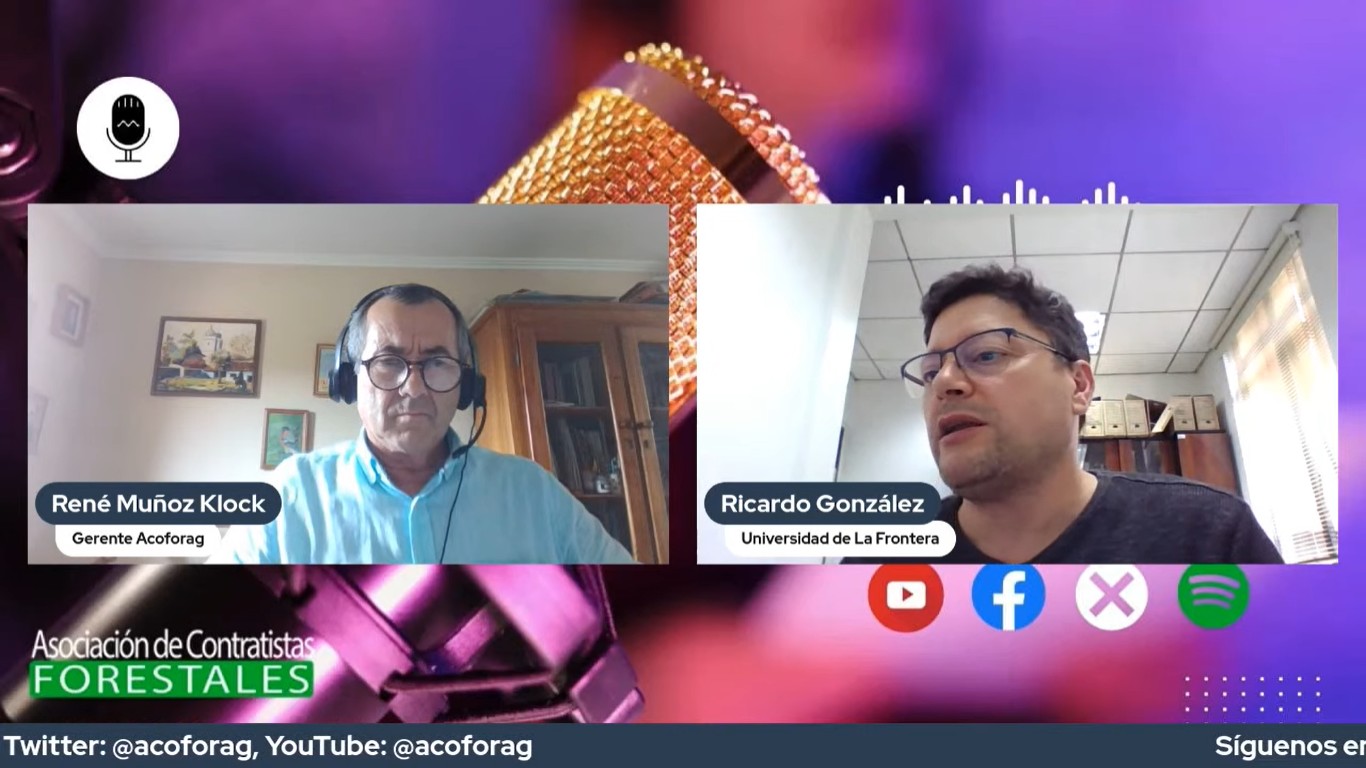
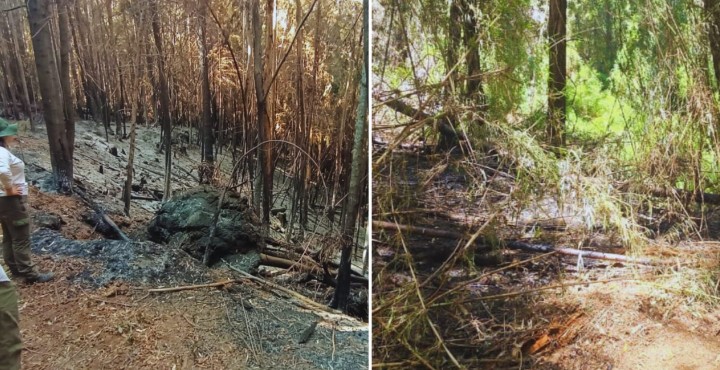
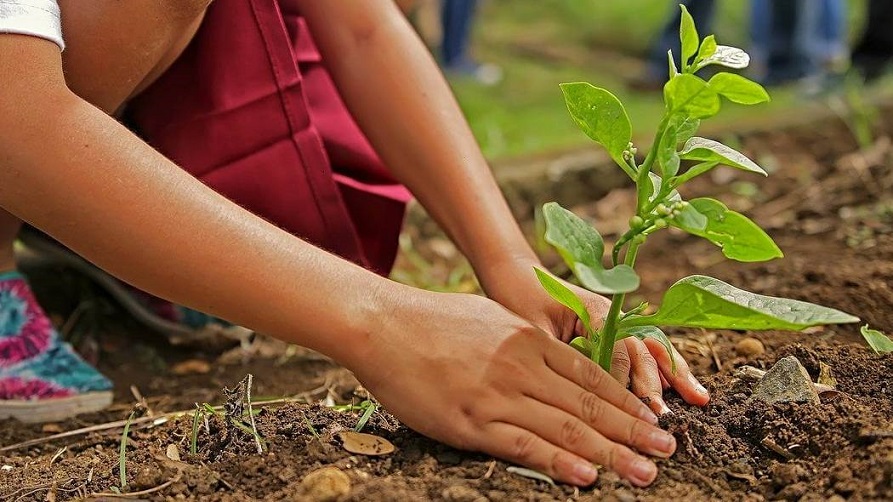
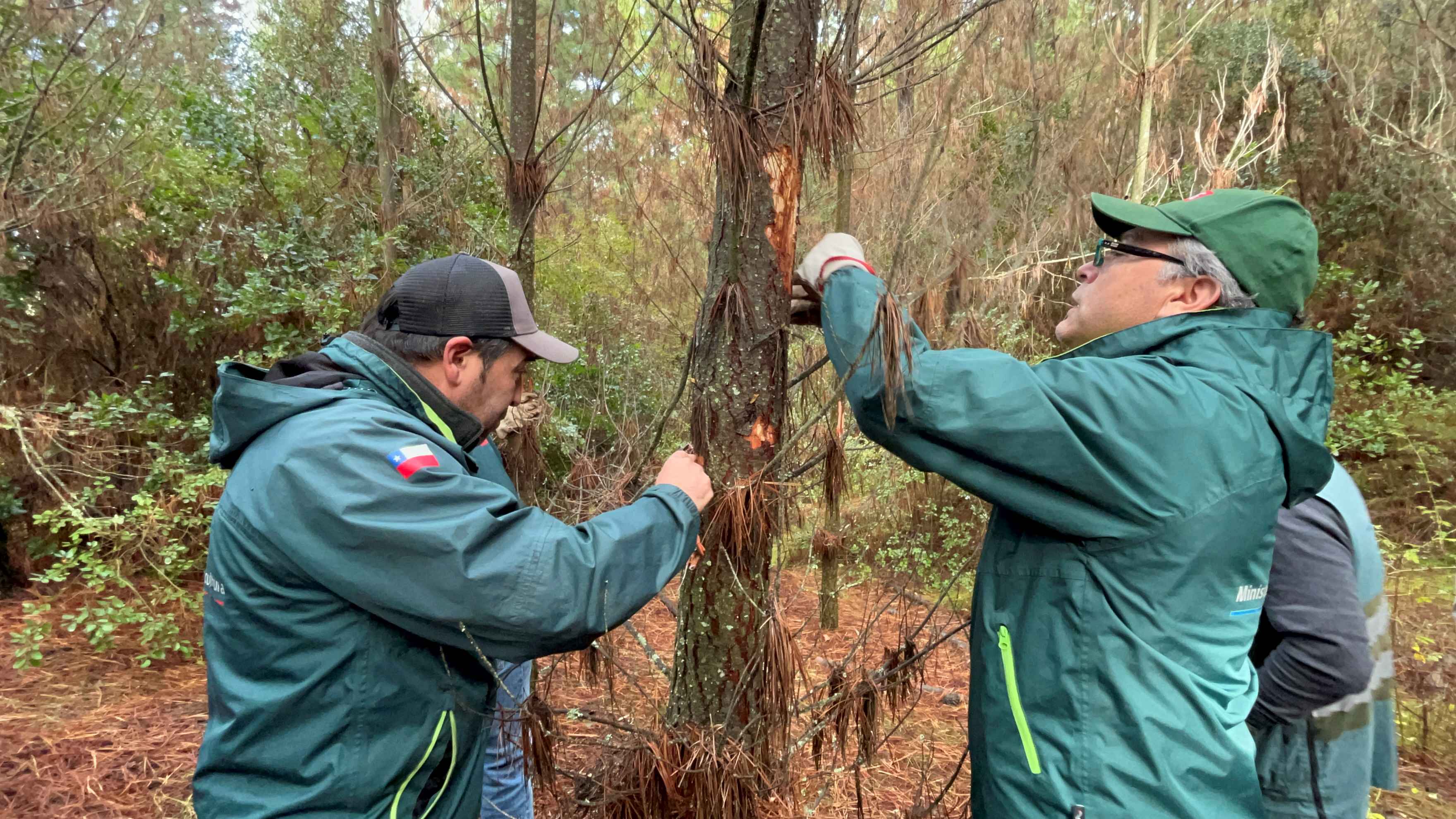
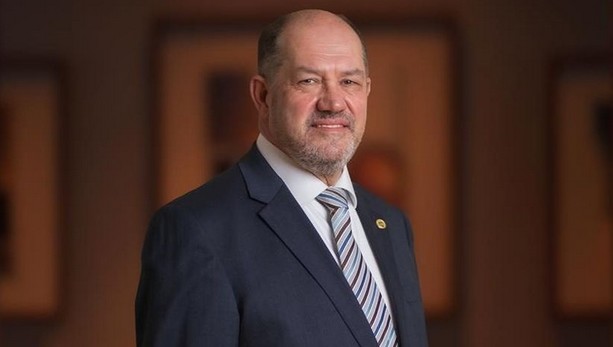
Comments (0)
No comments yet. Be the first to comment!
Leave a comment